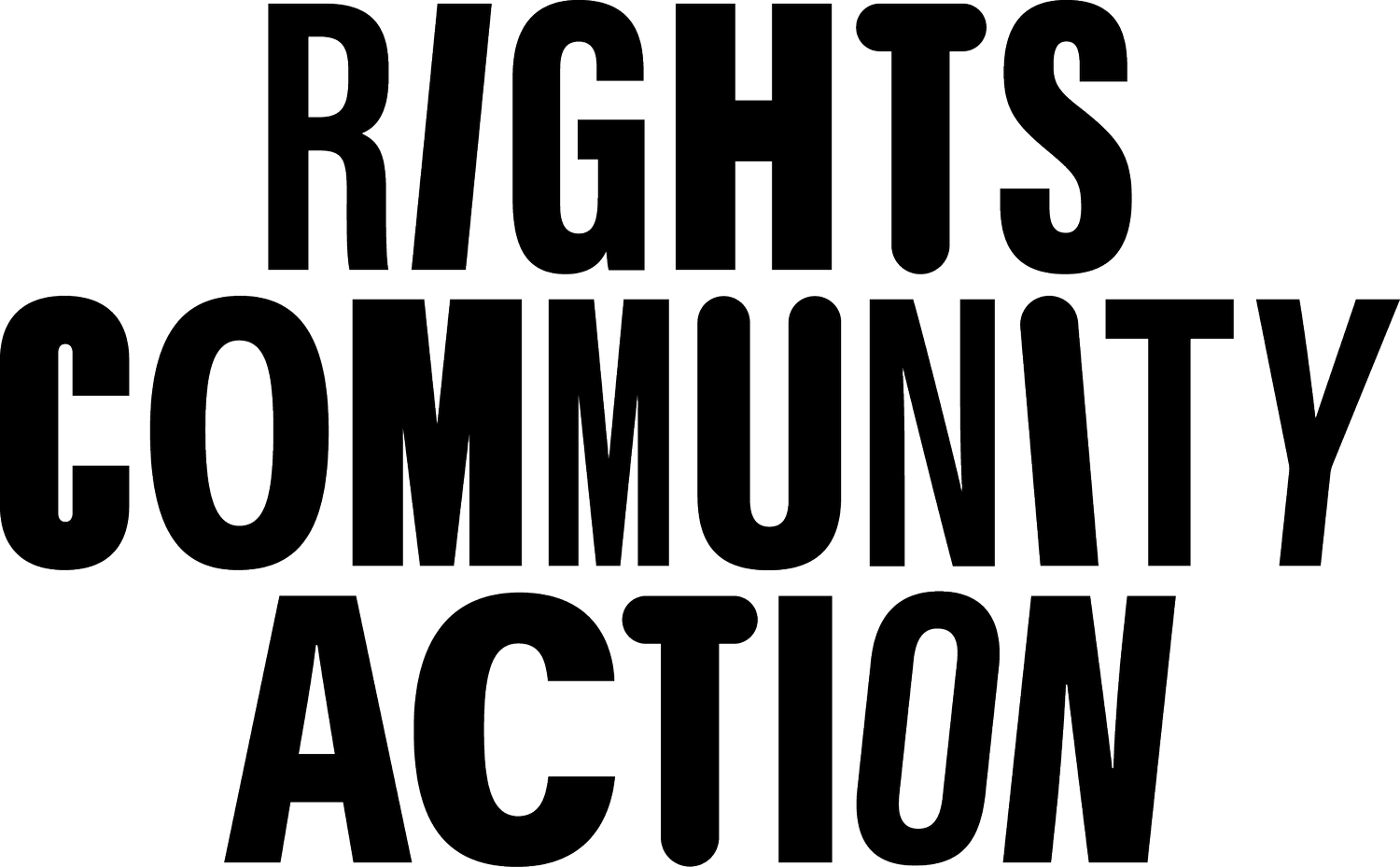#WeAreHere - and we are everywhere
Anira Khokhar - #WeAreHere Project Manager
Earlier this year, Pakistan, its people, and the international community changed. Heavy rains contributed to the flash floods that swept through much of this developing country, leaving a third of the country submerged. It is estimated that between June and October, 1,739 people, and 1.2 million livestock were killed and over 7.9 million people were displaced. A total of 33 million people have been affected in one form or another[1].
Pakistan, which covers 796,095 km², is 3.3 times the size of the United Kingdom and is home to 225.2 million people, 175.1 million more than the United Kingdom's population. I imagine many people who read this blog will wonder why I make the comparison with the United Kingdom?
Well, I was born and raised in the southwest of England, my heritage is Pakistani, so I'm a British Pakistani. Despite living here in the United Kingdom and having done so all my life, my culture, traditions and roots have always been Pakistani. When I learned for the first time that Pakistan was facing one of the worst floods in its history, like all Pakistanis abroad, there was panic. My initial reaction was whether my family was alive and well. The worse thing running through my mind was whether they were alive. Telephone lines were blocked as people from abroad tried to contact their loved ones.
Finally, Alhamdulillah, I found out that both my father and mother’s families were safe. Multan, where my father comes from, saw floods engulfing the lowlands and even though Lahore and the surrounding region were under water, my families escaped the worst of the damage. However, this never made me feel any better. Instead, I felt helpless knowing that one-third of the country with whom I have so much in common had lost family members, and their livelihoods.
Seeing millions of people in need of food, shelter and basic necessities, the world rallied behind them. Overseas Pakistanis with ancestral ties or families still residing in the country also raised millions to help support the Pakistani people. Yet the real question for many Pakistanis was why and how the situation got worse. This year the monsoons were unusually prolonged and continued to rain for more than two months. Simultaneously, Pakistan endured scorching temperatures leading to life-threatening humidity. Rising temperatures contributed to melting glaciers in the Himalayan and Hindu Kush regions, directly feeding into the Indus River causing flooding.
These floods are another wake-up call for the international community to remember the gravity of the growing impacts of climate change. It is heartbreaking to see a country like Pakistan, which contributes only 1% of global emissions, paying the price and suffering the disastrous consequences of the climate crisis.
In November, at COP 27, world leaders met to discuss climate change, but they found that there were outstanding actions from COP 26. The fact that they had to insist on nations fulfilling the promises from a year before shows a lack of commitment and seriousness of the impact of climate change. The images of the devastation caused by the floods in Pakistan, Nigeria and Bangladesh serve as a catalyst for world leaders to take responsibility – and to prepare their own countries.
In the last 10 years, one in seven individuals has been directly affected by the climate crisis. 86% of natural disasters were caused by extreme weather events resulting in floods, heat waves and storms[2]. By 2050, Britain will be 50 per cent more likely to experience hot summers, and heat-related deaths could triple, reaching around 7,000 every year[3]. The climate crisis is here, already affecting communities across the UK.
Are we prepared for any of this? Do our communities have the autonomy to prepare for it?
Climate change is not something that the international community can sweep aside and hope will disappear overnight. We all have a role to play to limit climate change. It could be by growing our own food, consuming less water and energy, and walking instead of driving. And getting involved in planning for the future that we know we will face.
But we must also pressure government to prioritize the climate change crisis and to protect, prepare and manage the impacts on our homes and businesses. There are parts of the UK that are predicted to be wiped out by flooding. Mablethorpe, Skegness and Sutton on Sea on the coast of Lincolnshire were severely impacted by the 1953 floods in which 43 people died. Yet, nearly 70 years on, not much has changed - and according to a new study, Skegness is under threat of severe sea level rise by 2050.
I personally took the conscious step of educating people about climate change in the Pakistani community. After the recent painful events that have destroyed much of the country, I encourage people to make changes, even small ones in their lives. In addition to helping them prepare, deal and amplify their voices about climate change. Meanwhile, as Project Manager of #WeAreHere I wear my British hat and work for change by visiting flood-prone areas, gathering stories about the impact of floods on communities so as to amplify their voices for politicians and governments to hear them and give priority to climate change here in Britain.
We must all remember, If we try to make changes today, we are protecting the future of our children and the future of every inhabitant with whom we share this earth. #WeArehere is about standing together, wherever we are, and speaking as one; for my home, your home – for us all.
[1] https://www.redcross.org.uk/stories/disasters-and-emergencies/world/climate-change-and-pakistan-flooding-affecting-millions#:~:text=Around%2033%20million%20people%20in,in%20some%20cases%20loved%20ones.
[2] https://www.redcross.org.uk/stories/disasters-and-emergencies/world/the-climate-crisis
[3] https://www.redcross.org.uk/stories/disasters-and-emergencies/world/climate-change-the-time-to-adapt-is-now#:~:text=By%202050%2C%20Britain%20will%20be,and%20becoming%20hotter%20and%20longer.

